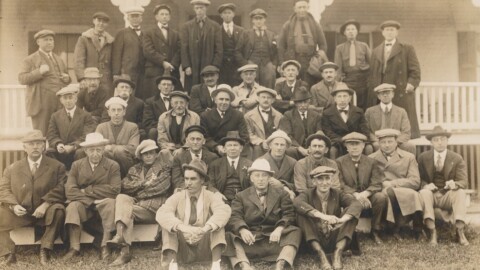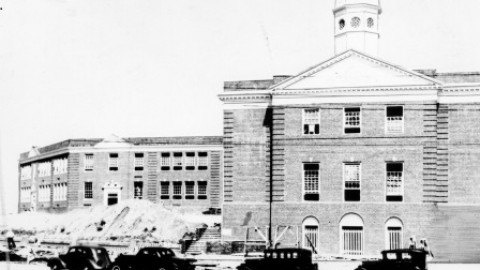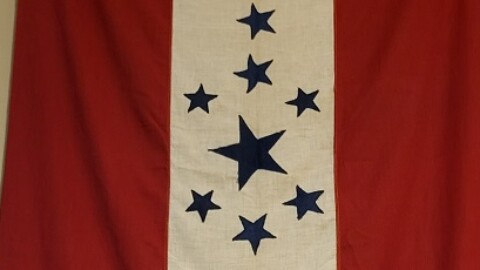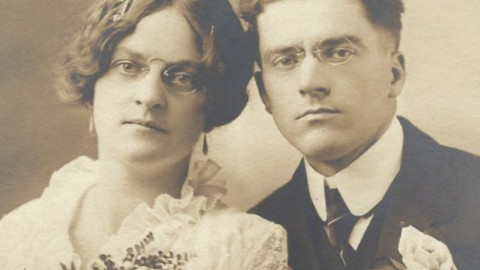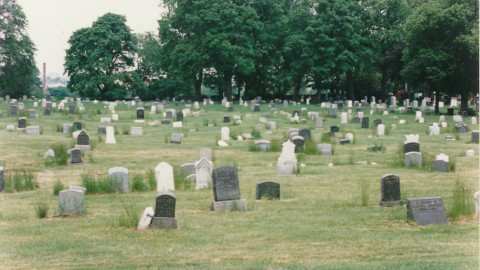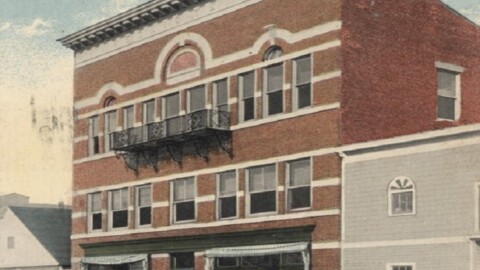BENJAMIN FRANKLIN
Part II
January 17, 1706, Boston, MA (British America) – April 17, 1790, Philadelphia, PA (USA)
The first article about Benjamin Franklin outlining his life and accomplishments appeared in The Jephtha Newsletter in January 2021. This second article about this famous January Freemason is a reprint from The Christian Science Monitor Weekly, June 20, 2022, entitled, “Ben Franklin Bankrolled Two Centuries of Makers,” by Terry W. Hartle, Contributor.
Benjamin Franklin owed his success to intelligence and hard work. He never forgot his roots – he maintained a deep and abiding respect for people who worked with their hands and mastered a trade. And as Michael Meyer recounts in “Benjamin Franklin’s Last Bet: The Favorite Founder’s Divisive Death, Enduring Afterlife, and Blueprint for American Prosperity,” he believed that skilled workers were essential to American success. “Good apprentices,” wrote Franklin, “are most likely to make good citizens.”
His commitment to the “leather apron class” stretched far beyond his death. Just before he died in 1790, Franklin changed his will and left a large proportion of his estate to the cities of Philadelphia and Boston.
His plan was simple: Both cities were to lend the money in small amounts to tradesmen who needed funds to set themselves up in business. The borrowers were to repay the loans over 10 years at 5% interest. According to Franklin’s calculations, the fund would grow dramatically. After 100 years, some of the fund would be distributed by the city leaders and after 200 years, all the remaining money would be given away.
Franklin hoped the initiative would help young blacksmiths, coopers, carpenters, cabinet makers, and bricklayers get started. In many cases it did, and Meyer introduces us to some of the success stories. Unsurprisingly, some failed – which Franklin may not have anticipated.
Today, we would call these micro-loans. Nothing like this existed in 1790. Franklin knew firsthand how hard it could be for a skilled worker to get a start. He had been apprenticed to his older brother, James, who ran a print shop in Boston. The young Franklin showed promise, but he chafed under his brother’s harsh tutelage, broke his indenture, and bolted to Philadelphia, where he opened his own print shop.
Franklin’s bequest was a bold experiment with a long horizon “at a time when life expectancy was much shorter than it is today,” Meyer explains. It was also an audacious idea: It assumed that civic leaders in two cities would lend, without compensation, small interest-bearing loans to individual tradesmen for two centuries, collect repayments, and reinvest the repaid funds. What could possibly go wrong?”
Much did, of course, and both cities stumbled. Incompetence, inefficiency, lack of interest, defaults, incomplete records, and plain old graft were all involved. And Franklin’s calculations about how the money would grow proved wildly optimistic. But the surprising thing is that both cities, after 200 years, had a significant amount of money available for investment in public services.
Philadelphia had a balance of $2.3 million in 1990 – far less than Franklin had projected. The city used the money on job-training programs for high school graduates. Boston did a better job and had more than $4.6 million left. That city devoted all its money to the century-old Benjamin Franklin Institute of Technology – an institution that had been founded with money from the first payout of Franklin’s will. The school still stands on Berkley Street in Boston and many of its students come from low-income families.
Meyer skillfully weaves a biography of Franklin into this story of his philanthropy. You cannot talk about Franklin without acknowledging his scientific experiments, and the author describes many of Franklin’s efforts, including the lightening rod, bifocals, swim fins and even a musical instrumented called the “glass armonica.”
Like the other founders, Franklin had faults. While he submitted to Congress the first petition to abolish slavery, he owned enslaved people and never freed a single one. Meyer acknowledges that even this most approachable and forward-thinking of the founders had shortcomings.
While the author notes that micro-loans are now a widely accepted strategy for helping create small businesses, he doesn’t talk much about the practice of an economic policy tool. He’s more interested in suggesting, without actually saying it, that Franklin was the father of micro-loans.
It only took two centuries for the economic and business communities to catch up.
BENJAMIN FRANKLIN’S LAST BET: The Favorite Founder’s Divisive Death, Enduring Afterlife, and Blueprint for American Prosperity, by Michael Meyer, Mariner Books, 368 pp.
One of Benjamin Franklin’s famous quotes, one of many – “Wine is a constant proof that God loves us, and loves to see us happy.” If you have read this far, and you are the 17th and 25th reader to respond, a near-future collation will be on the house. Kindly send the editor an email (rg.jlnews@aol.com) and in the subject line write, “Jan23.” Make sure your name, lodge, date and time appear in in your email so proper credit can be given. Thank you and good luck!
Fraternally yours,
Richard Gentile, Editor


